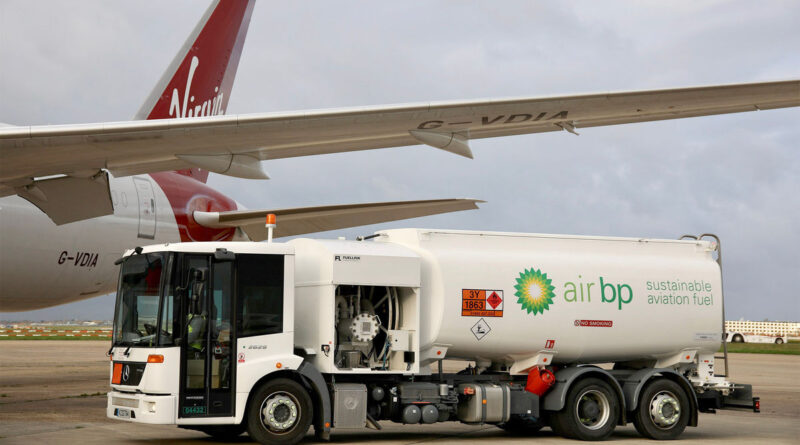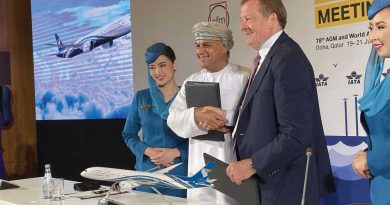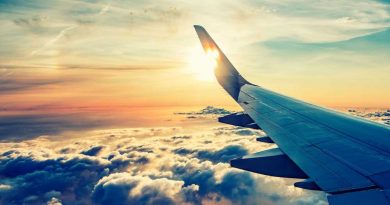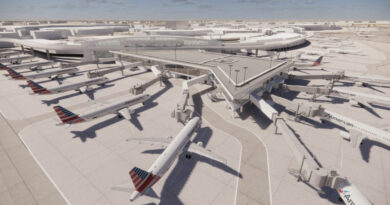Virgin Atlantic operates first transatlantic flight powered by sustainable fuel
Virgin Atlantic on Tuesday will operate the world’s first transatlantic flight powered entirely by sustainable aviation fuel (SAF).
The flight, called Flight100, will be operated with a Boeing 787 Dreamliner using Rolls-Royce Treen 1000 engines.
The demonstration flight from London to New York is geared toward proving the capability of SAF as a safe drop-in replacement for fossil-derived jet fuel, compatible with today’s engines, airframes and fuel infrastructure, Virgin Atlantic said.
Currently, global fuel standards allow for only a 50% blend of SAF on any particular flight. The fuel being used on the Virgin Atlantic flight can reduce emissions by up to 70% compared with conventional, kerosene-based jet fuel, the airline said.
Virgin Atlantic CEO Shai Weiss called Virgin’s SAF “the only viable solution for decarbonizing long-haul aviation.”
“It’s taken radical collaboration to get here, and we’re proud to have reached this important milestone, but we need to push further,” he said.
The landmark flight follows another significant development in aviation decarbonization. Last week, the International Civil Aviation Organization agreed to target a 5% reduction of flying’s greenhouse gas emissions by 2030. ICAO is the aviation arm of the United Nations.
Along with setting the new target, ICAO has laid out a framework aimed at ratcheting up development of SAF, which is considered the most immediate method to substantially reduce aircraft emissions.
The framework calls on countries to enhance their outreach about SAF with global finance and to support SAF production in developing countries by working for access to low-cost financing. The resolution also broaches the possibility of providing direct financial support to developing countries.
The new ICAO commitment followed the goal set by its global membership last year to achieve net-zero carbon emissions in aviation by 2050.
So far, SAF production is less than 0.1% of what the airline industry needs to achieve net zero, IATA estimated in June. However, SAF production tripled in 2022 and a continued production ramp-up is anticipated.
Source: Read Full Article



